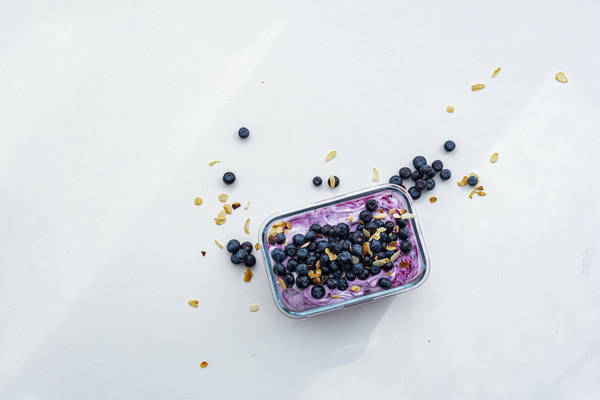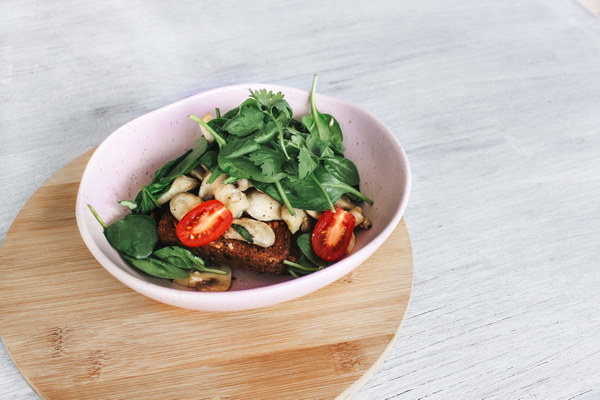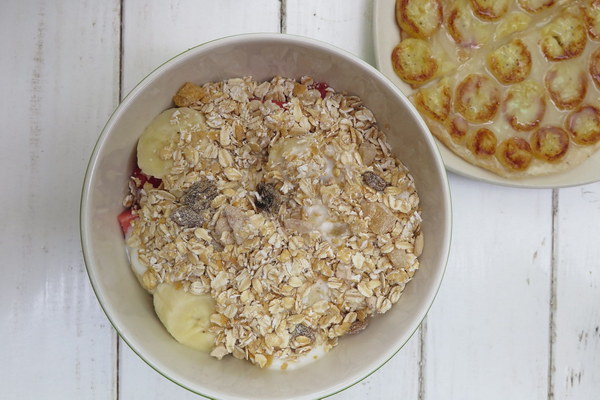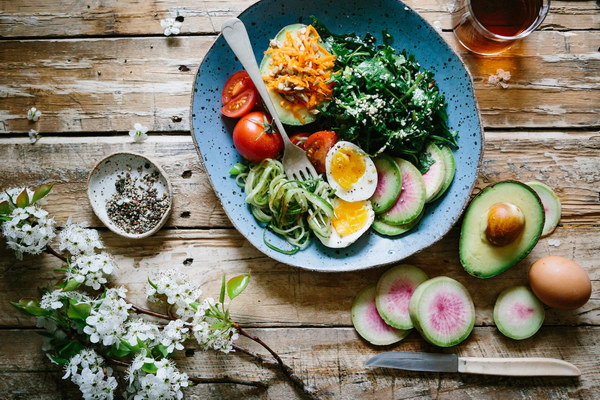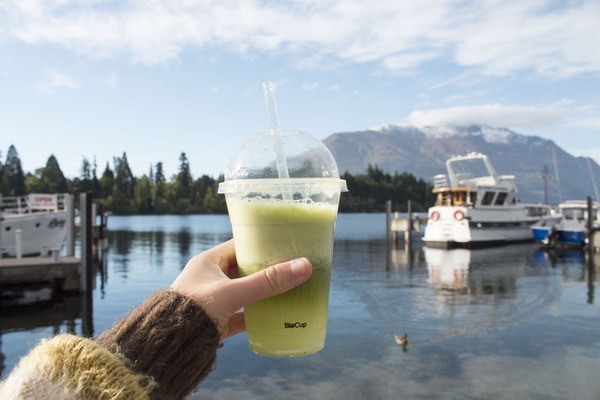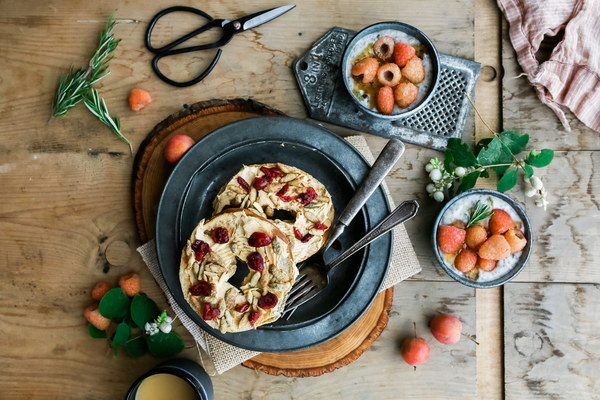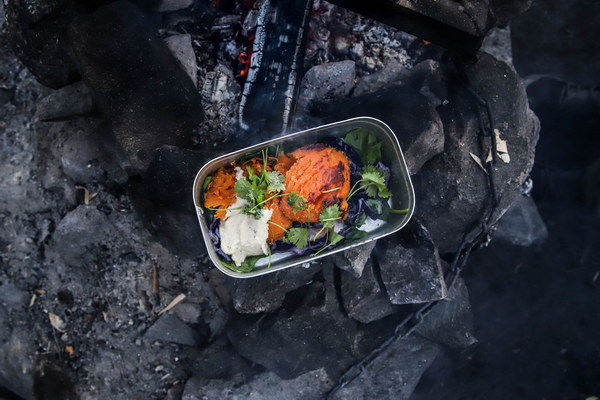Eating Your Way to Calm A Comprehensive Guide to Nutritional Remedies for Anxiety
Anxiety is a common yet often misunderstood condition that affects millions of people worldwide. While medication and therapy are crucial components of anxiety management, there's a wealth of evidence suggesting that dietary interventions can significantly alleviate symptoms. This article delves into the world of nutritional remedies for anxiety, offering practical advice on how to eat your way to calm.
Understanding the Link Between Diet and Anxiety
The relationship between what we eat and how we feel is undeniable. Our bodies are complex biochemical systems, and the food we consume has a direct impact on our mental and emotional well-being. Anxiety, in particular, has been linked to several dietary factors, including inflammation, blood sugar fluctuations, and nutrient deficiencies.
1. Inflammation and Anxiety
Inflammation is the body's response to harmful stimuli, and chronic inflammation has been linked to various health issues, including anxiety. Foods that are high in omega-6 fatty acids, such as fried foods, processed meats, and baked goods, can contribute to inflammation. On the other hand, omega-3 fatty acids found in foods like fish, flaxseeds, and walnuts can help reduce inflammation.
2. Blood Sugar Fluctuations and Anxiety
Blood sugar levels play a crucial role in regulating mood. Foods high in refined sugars and carbohydrates can cause rapid spikes and crashes in blood sugar, leading to anxiety symptoms. Incorporating complex carbohydrates, such as whole grains, legumes, and starchy vegetables, into your diet can help maintain stable blood sugar levels.
3. Nutrient Deficiencies and Anxiety
Several nutrients are essential for managing anxiety, including magnesium, B vitamins, and omega-3 fatty acids. Deficiencies in these nutrients can exacerbate anxiety symptoms. Ensuring a balanced diet rich in a variety of fruits, vegetables, whole grains, lean proteins, and healthy fats is crucial for meeting these nutritional needs.
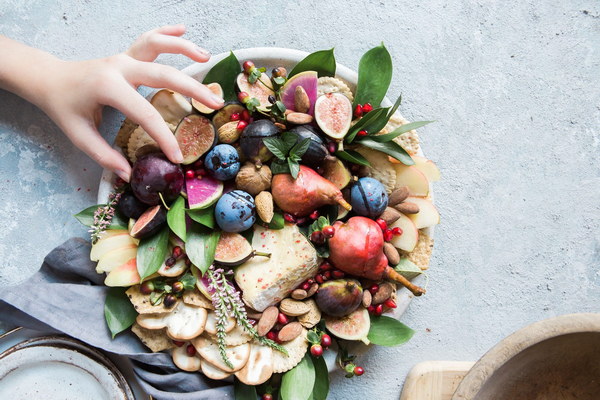
Nutritional Remedies for Anxiety
Here are some dietary strategies to help manage anxiety symptoms:
A. Omega-3 Fatty Acids
Omega-3 fatty acids, found in fish, flaxseeds, chia seeds, and walnuts, have been shown to reduce anxiety symptoms. Aim to consume at least two servings of fatty fish per week, such as salmon, mackerel, or sardines.
B. Magnesium-Rich Foods
Magnesium is a mineral that plays a vital role in regulating the nervous system. Foods rich in magnesium include almonds, cashews, dark chocolate, black beans, and spinach. Incorporate these into your diet to help reduce anxiety symptoms.
C. B Vitamins
B vitamins, particularly B6, B12, and folate, are essential for maintaining a healthy nervous system. Foods high in B vitamins include avocados, lentils, bananas, and eggs. Including these foods in your diet can help alleviate anxiety.
D. Complex Carbohydrates
Complex carbohydrates, such as whole grains, legumes, and starchy vegetables, provide a steady supply of energy and help maintain stable blood sugar levels. Include these in your meals to reduce the risk of anxiety symptoms.
E. Probiotics
Probiotics, found in fermented foods like yogurt, kefir, and sauerkraut, promote a healthy gut microbiome, which is essential for mental well-being. Incorporate probiotic-rich foods into your diet to help manage anxiety symptoms.
F. Antioxidant-Rich Foods
Antioxidants help protect the body from oxidative stress, which can contribute to inflammation and anxiety. Foods high in antioxidants include berries, dark chocolate, green tea, and artichokes.
Lifestyle Considerations
In addition to dietary changes, it's essential to adopt a holistic approach to managing anxiety. This includes regular exercise, adequate sleep, and stress-reduction techniques such as meditation and yoga.
Conclusion
Eating your way to calm is a practical and effective strategy for managing anxiety symptoms. By incorporating nutrient-rich foods into your diet and making mindful lifestyle choices, you can take a significant step toward a more balanced and peaceful life. Remember, it's essential to consult with a healthcare professional before making any significant changes to your diet or treatment plan for anxiety.

